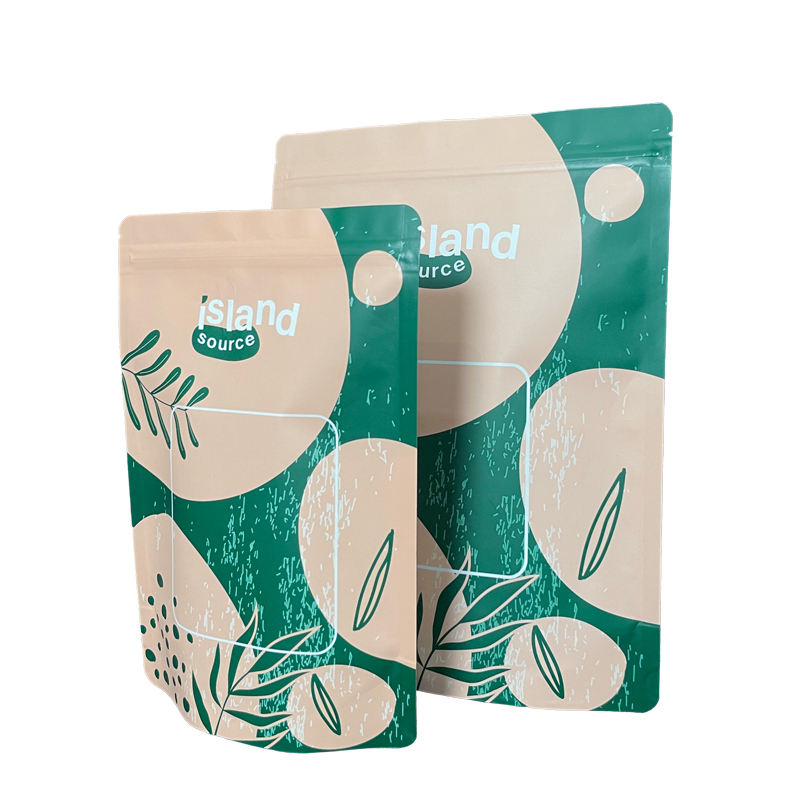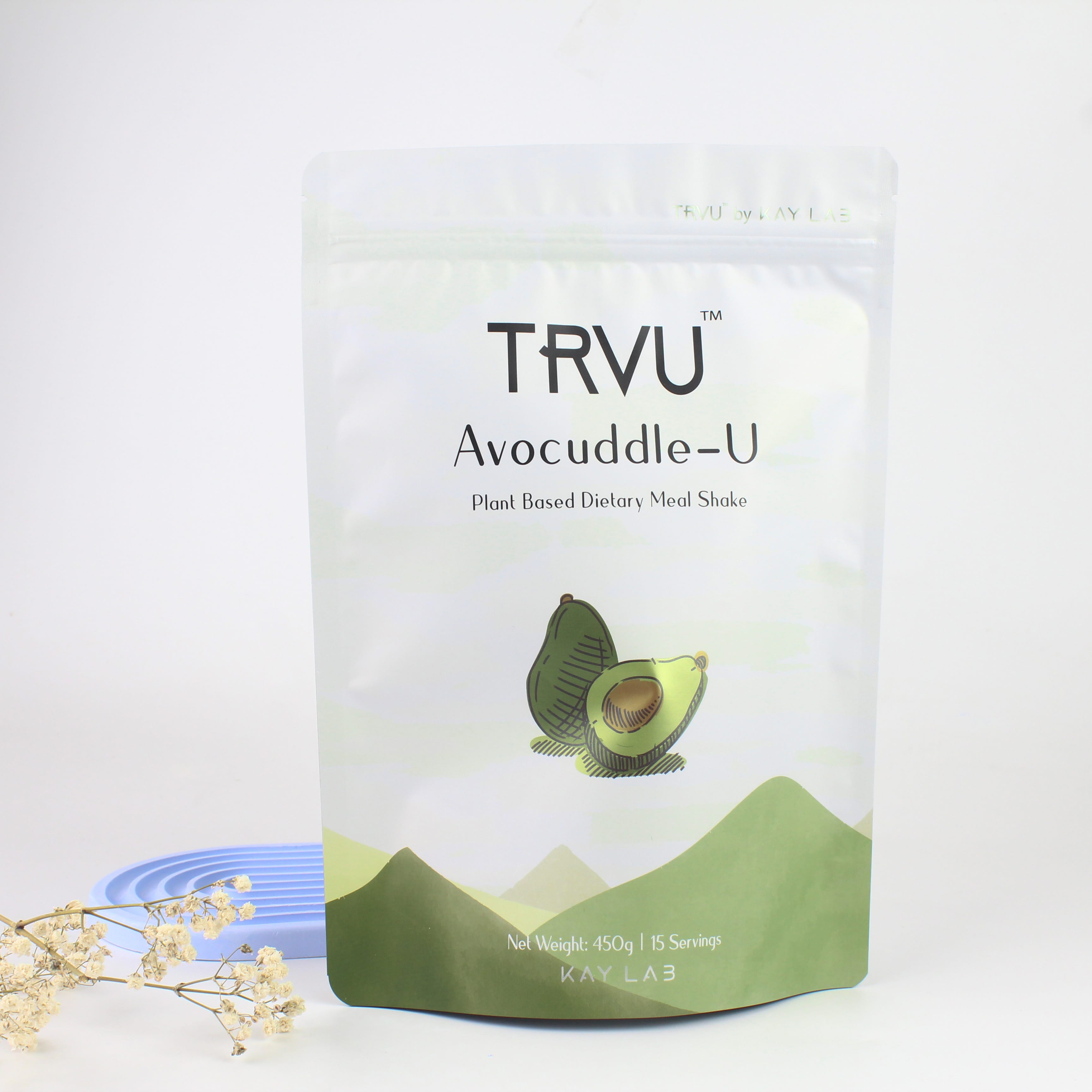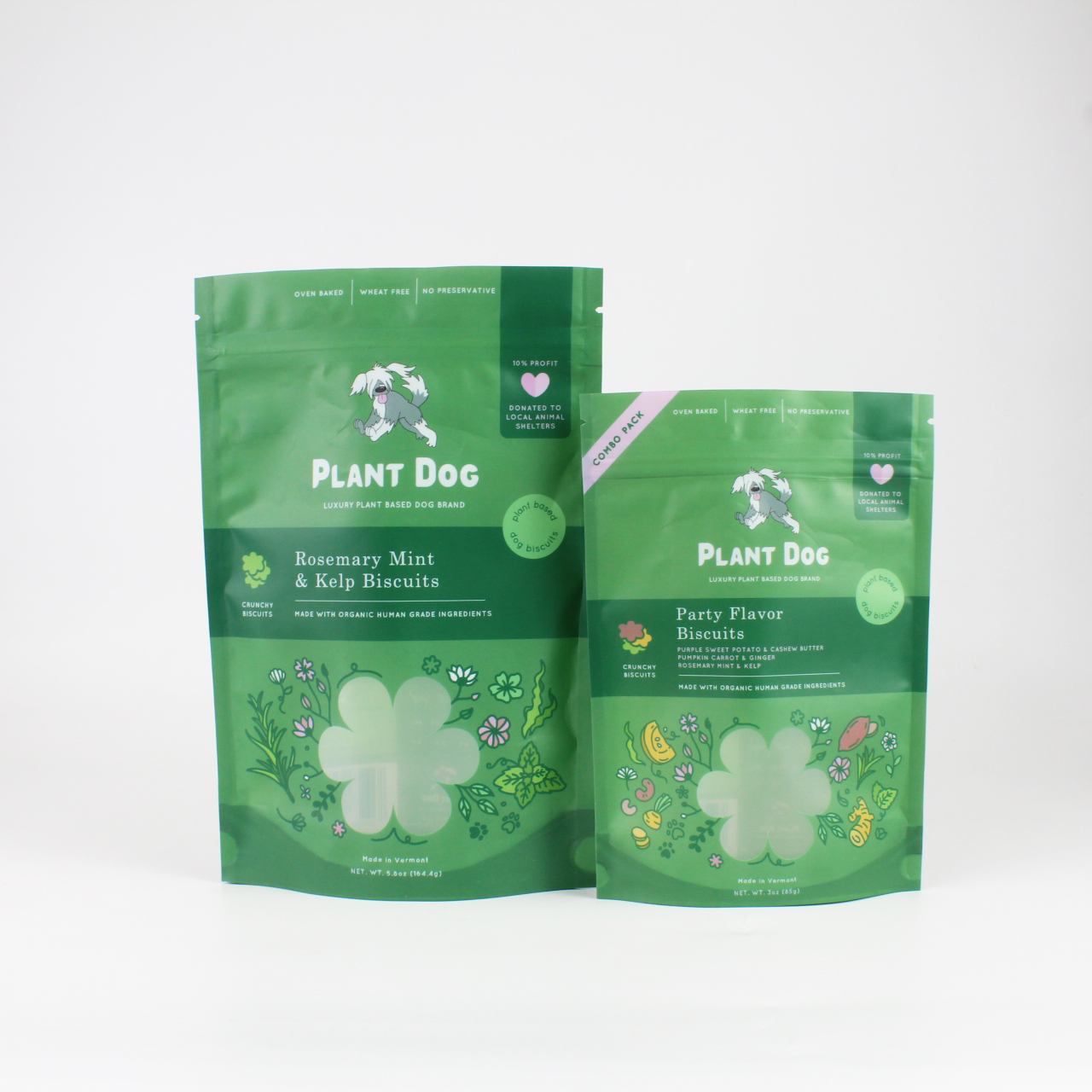In a world increasingly focused on sustainability, businesses are continually seeking eco-friendly packaging solutions. Are compostable stand-up pouches the answer to your packaging dilemmas? These innovative bags not only provide convenience but also contribute to environmental health by reducing plastic waste.
Compostable pouches are made from natural materials like sugarcane, corn starch, potato starch, and wood pulp. These materials are biodegradable, meaning that microorganisms can break them down into compost—a valuable fertilizer that enriches soil and promotes healthy plant growth. This process not only helps reduce plastic pollution but also supports sustainable agricultural practices. While home composting can take up to 180 days, industrial composting facilities can speed up this process to as little as three months, making it a viable option for businesses looking to enhance their green credentials.
What Materials Are Used?
The range of compostable materials is vast, allowing for versatile packaging solutions. Here are some examples:
Cardboard and Paper: Organic cardboard made from unprocessed materials is compostable, but it’s essential to avoid chemically treated options. Prices vary depending on the size and type.
Bubble Wrap: Plant-based bubble wrap, created from corn starch-based polylactic acid (PLA), is more environmentally friendly. It typically decomposes within 90 to 180 days.
Corn Starch: A great alternative to polystyrene foam and traditional plastics, corn starch can be transformed into nutrient-rich biomass for various applications.
Other compostable options include kraft paper rolls, postal tubes, sanitary paper, compostable mailers, and envelopes.
What Are the Pros and Cons?
Opting for compostable packaging comes with distinct advantages and some challenges:
Advantages:
• Enhances Brand Image: Using eco-friendly materials can improve your brand's reputation and appeal to environmentally conscious consumers.
• Water-Resistant: Many compostable pouches provide effective moisture barriers, ensuring your products remain fresh.
• Reduces Carbon Footprint: By choosing compostable options, companies can significantly lower their carbon emissions.
• Minimizes Plastic Waste: Compostable packaging contributes to less plastic in landfills, supporting cleaner ecosystems.
Disadvantages:
• Cross-Contamination Issues: Compostable materials must be kept separate from traditional plastics to avoid contamination.
• Higher Costs: While prices are gradually decreasing, compostable options can still be more expensive than conventional plastic packaging.
How to Maximize Your Packaging?
Using compostable stand-up pouches offers immense potential for various industries, from food and beverage to cosmetics and personal care products. These pouches come with features such as zip-lock closures for freshness and transparent windows for product visibility. By leveraging printed pouches, you can attract customers while maintaining brand consistency. Choose vibrant colors that complement your logo, and use the space to convey vital information like expiry dates and usage tips.
Did you know that according to a study by the Biodegradable Products Institute, compostable materials can reduce greenhouse gas emissions by up to 25% compared to conventional plastics? Moreover, a survey by Nielsen indicated that 66% of global consumers are willing to pay more for sustainable brands.
Why Choose DINGLI PACK?
At DINGLI PACK, we specialize in Custom Compostable Stand Up Pouches. Our 100% sustainable bags not only offer functionality but also align with your company's commitment to the environment. With our extensive experience in the packaging industry, we provide high-quality solutions tailored to your specific needs. Our pouches ensure that your products stand out on the shelf while contributing positively to the planet.
Common Questions About Compostable Pouches
· What industries are adopting compostable pouches?
Many industries, including food and beverage, cosmetics, and personal care, are increasingly adopting compostable pouches as part of their sustainability initiatives. Brands in these sectors recognize the demand for eco-friendly packaging solutions that resonate with environmentally conscious consumers.
· How do compostable pouches impact product shelf life?
Compostable pouches are designed to maintain product freshness while being environmentally friendly. Depending on the materials used, they can offer effective moisture and oxygen barriers. However, it’s essential to assess the specific needs of your product to ensure optimal shelf life.
· How do consumers feel about compostable packaging options?
Surveys indicate that consumers are increasingly supportive of compostable packaging. Many are willing to pay more for products that come in eco-friendly packaging, viewing it as a crucial factor in their purchasing decisions.
· Can compostable pouches be customized for branding?
Yes, compostable pouches can be customized with branding elements such as colors, logos, and graphics. Many manufacturers offer printing options that allow businesses to create eye-catching designs while maintaining the sustainability of the packaging.
· Can compostable pouches be recycled?
Compostable pouches are designed for composting, not recycling, and should be disposed of in compost bins rather than recycling streams.
Post time: Nov-04-2024










